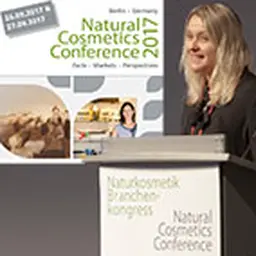
Figures are self-explaining: from 2005 to 2012, the number of e-commerce websites has been multiplied by eight, to a total of 117,500 active websites. In 2012, sales on the Internet have gone up to € 45 billion (source: French Fevad, 24 January 2013 press release). Facing this rising power, cosmetics brands must be present on the Internet. There is no way now to do without! However, under which conditions? The FEBEA opinion.
Online commerce comes with several advantages for the operators; it allows them:
• To address consumers who, due to their geographical location, cannot go to traditional shops;
• Compared to traditional commerce, to lower distribution and listing costs, thus, potentially, to offer a wider range of products at lower retail prices.
Many perfumery and cosmetics brands have chosen the selective distribution to sell their products.
Banning is banned!
This kind of distribution is dealt with in Europe by the Regulation nbr 330/2010/EU, published on 20 April 2010, which explicitly allows the suppliers to applying agreement criteria to the distributors who want to become part of their network.
Above all, the guidelines that clarify this Regulation (published on 19 May 2010) make it clear the principle after which the suppliers cannot forbid their distributors from selling on the Internet: “every distributor must be allowed to use the Internet to sell products” (point 52 of the guidelines).
Further, the Court of Justice of the European Union has endorsed this principle in a judgement on 13 October 2011 (CJEC 13/10/11, aff. Nbr C-439-09) and clearly states that it is forbidden to forbid selling on the Internet.
The Paris Court of Appeal has, …













